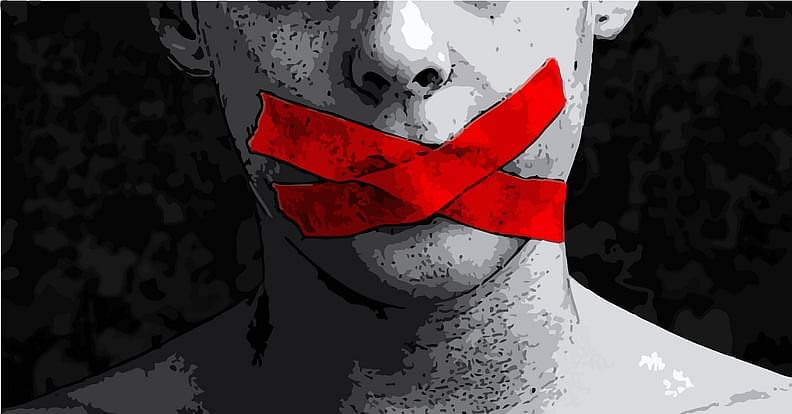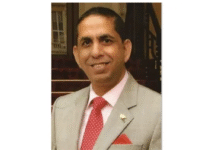
Democracy is facing a crisis around the world with the reign of strict control and restriction prevailing. The rulers now use democracy as a façade to veil authoritarian “do’s and don’ts”. In the process, the ‘masses’ which are the crux of a democratic system, are becoming estranged.
Some incidents have rocked the world in recent times. Myanmar’s army became too restive to stay behind the power, so they toppled a democratically elected government through a military coup. The things that followed were as usual- political leaders were detained en masse and were entangled in legal cobwebs. The people of Myanmar, however, took to the streets and the military regime is doing what they are supposed to do–detaining the defiant people.
Myanmar is just an example. The process of alienating people from democracy is going on in full swing in other parts of the world too. Sadly though, the people are the mainstay of the democratic system. It’s the people who are the key of the system, but they are being divested of the key.
The UK-based research organisation, Economist Intelligence Unit, has been publishing the democracy index since 2006. According to their recent index, only 8.4 per cent people of 167 countries are enjoying democracy fully. More than one third population of the world is being run by authoritarian rulers. Democracy was especially dealt a major blow this year as countries covered by the index recorded a record low score since the index began in 2006.
So why do democracies falter in different parts of the world? According to Freedom House, an independent watchdog organisation, the COVID-19 pandemic exacerbated already faltering democracies around the world. The governments, in the name of containing the virus, are clamping down more, with the people left with few areas to dissent. Now, the governments are taking advantage of ‘new normal’ to stick to the measures taken due to the special situation. All these led to a renewed blow to democracy.
The trend of infringing on the citizens’ rights, however, has been there over the last four to five years. Freedom House analysis shows that these trends started to come into being in over 100 countries since 2016. Many blame the rise of populist leaders such as Donald Trump, Vladimir Putin, Narendra Modi and Xi Jinping for that. That’s why opposition leaders like Alexy Navalny get incarcerated just for expressing dissent.
Our country is also doing poorly in the index, despite a little headway in terms of position. Bangladesh still falls under the ‘hybrid regime’ category. Defining hybrid regimes, EIU understands a system where free and fair election often stumbles, where pressure on opposition parties and candidates is commonplace. Also, a country with rampant corruption, weak rule of law and frail civil society falls under the category. Flawed judiciary and muzzling of press and journalists also testifies a hybrid regime.
Do these caveats of a hybrid regime exist in Bangladesh? One can understand the state of democracy in the country based on the answer of the question with the infamous Digital Security Act hanging over heads. Let’s leave the answer to our readers.
It’s the mass people who are the worst victims of this change of nature in democracy. They are the sufferers. The USA, which is known for sermonising others on democracy, is no longer in that position thanks to the activities of their immediate past president.
The new US president Joe Biden is speaking for strengthening democracy around the world. We have to wait and see how much he can live up to his promise. Democracy is facing a crisis. It would be difficult for any given country or region to remain unscathed due to geopolitical reasons. Let’s see whether democracy bounces back in the coming days.









